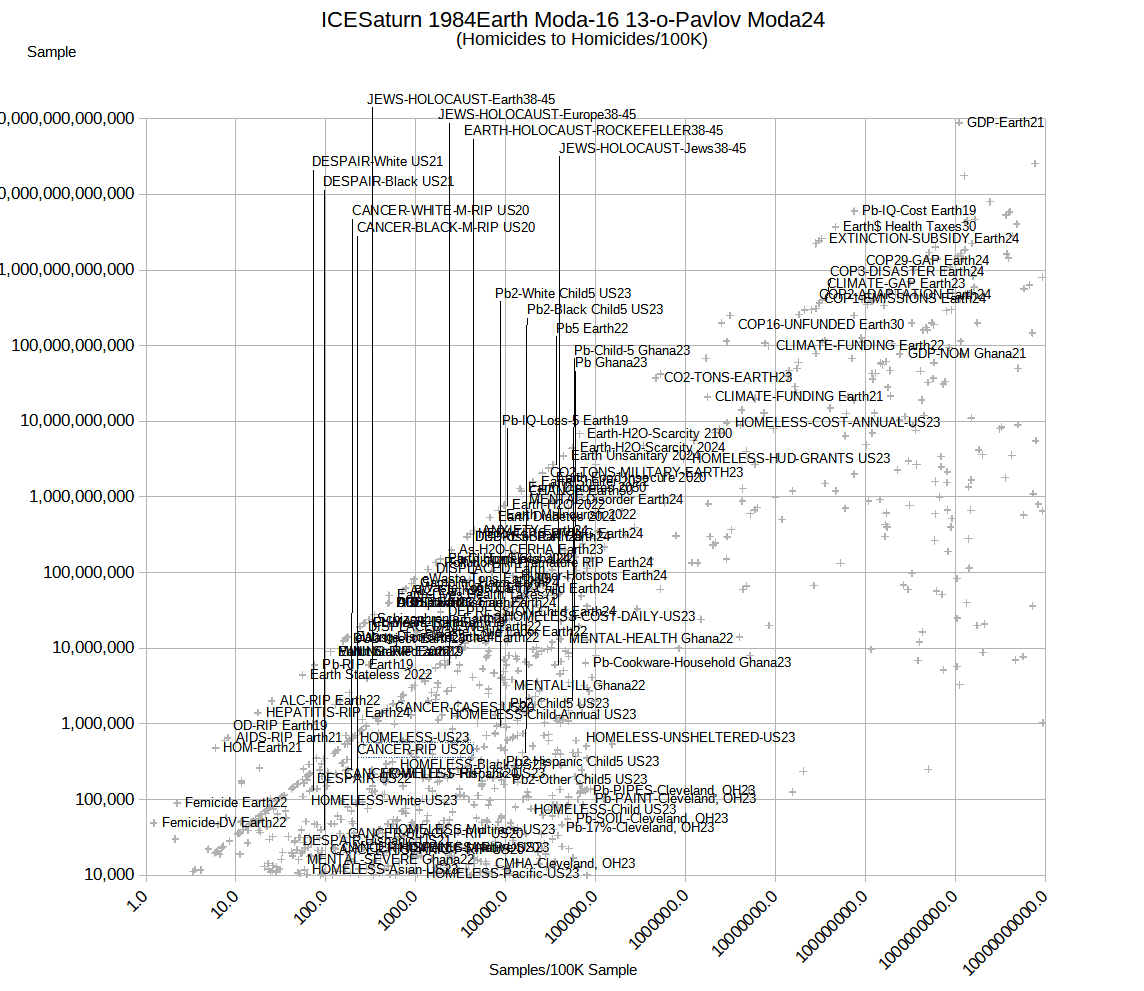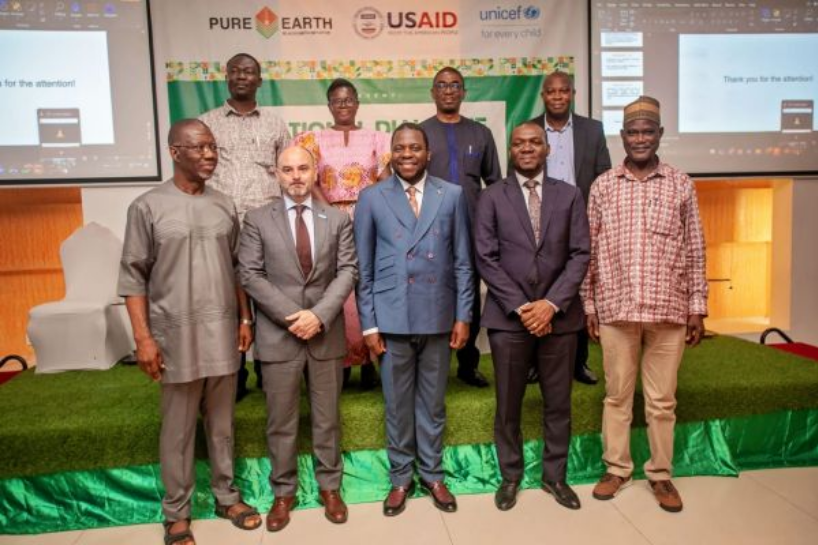
Pure Earth Ghana, a non-governmental organization in collaboration with USAID and UNICEF focused on combating environmental pollution have organized a national dialogue on lead pollution and poisoning in Accra.
The National Dialogue brought together key stakeholders, including government officials, environmental experts, and community leaders, to discuss the impact of lead pollution on public health and explore solutions to mitigate its harmful effects.
Speaking at the event, Rev. Dr. Esmond Quansah, Country Director of Pure Earth Ghana, highlighted the urgent need to address lead pollution in Ghana, which poses significant health risks, particularly to children.
Rev. Dr. Quansah emphasized that the country must take proactive steps to combat lead contamination from various sources, including lead-acid battery recycling, contaminated soils, and exposure from household items.
"Lead pollution is a silent killer that affects our children's development and overall health," Rev. Dr. Quansah stated.
He said It is high time we tackle this issue at the national level and work collaboratively to protect future generations.
Lead exposure is known to cause a range of health problems, including learning disabilities, behavioral issues, and delayed physical development in children.
In adults, prolonged exposure can lead to serious cardiovascular and kidney problems.
According to Rev. Dr. Quansah, Ghana’s informal sector, where lead-based products are recycled without adequate safeguards, is a significant contributor to the issue.
The dialogue aimed to create a platform for stakeholders to share knowledge, experiences, and research findings on lead pollution.
Participants proposed measures such as stricter regulations on lead-containing products, improved waste management practices, and increased public awareness campaigns.
Representatives from the Ministry of Health and the Environmental Protection Agency (EPA) were present to discuss the government's role in regulating and addressing the issue. They expressed a commitment to intensifying efforts to regulate lead pollution and ensure stricter enforcement of safety measures in industries handling lead-based materials.
As part of the event, Pure Earth Ghana called for a national framework to address lead contamination, advocating for policies that would hold industries accountable for pollution and support communities affected by lead exposure. The organization also urged for more educational initiatives to help Ghanaians understand the dangers of lead pollution and take preventive measures in their daily lives.
With lead pollution recognized as a growing public health issue, Pure Earth Ghana remains committed to supporting national efforts to reduce its impact. The dialogue concluded with a call for action, urging all stakeholders to collaborate towards a cleaner and safer environment for Ghana’s communities.
Pure Earth Ghana plans to follow up with targeted projects in high-risk areas across the country to further assess and combat lead exposure risks.
Also speaking at the event, Dr. Palgrave Boakye Danquah, Government Spokesperson on governance and Security, stated that the Government of Ghana is committed to partnering with all stakeholders to solve Lead pollution and Poisoning.
The Ghana Deputy Representative for UNICEF, Fiarchra McAsey added that Lead poisoning is a global health concern as 50 percent of children in Ghana have their blood levels above high pressure so there is a need to tackle the impact of Lead poisoning in our society.
Source: Clinton Akwasi Amoako/Peace FM Newsroom
https://www.peacefmonline.com/pages/local/news/202411/512089.php


Comments